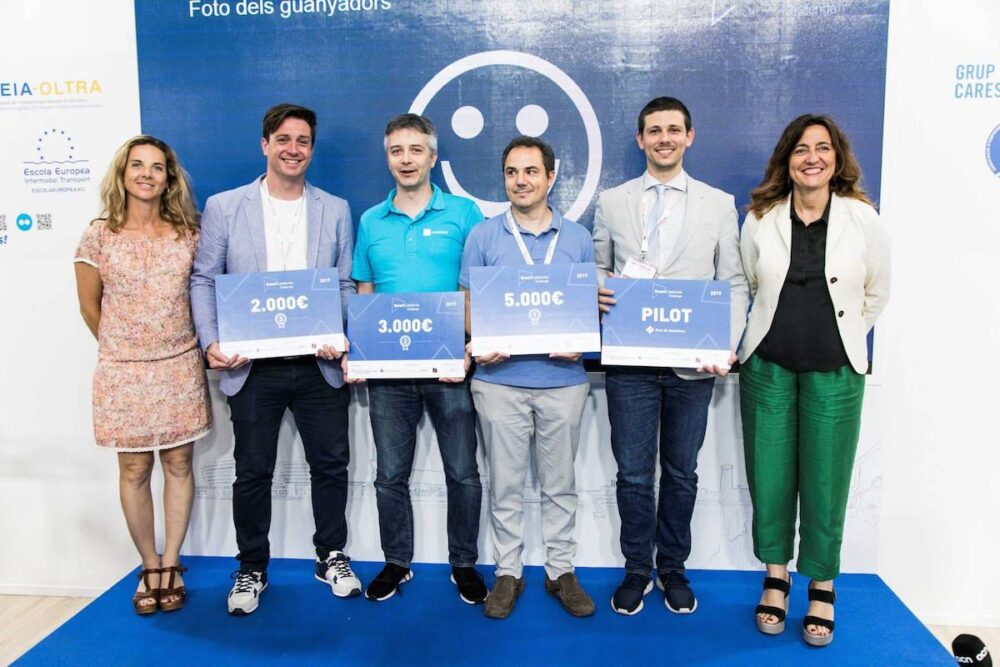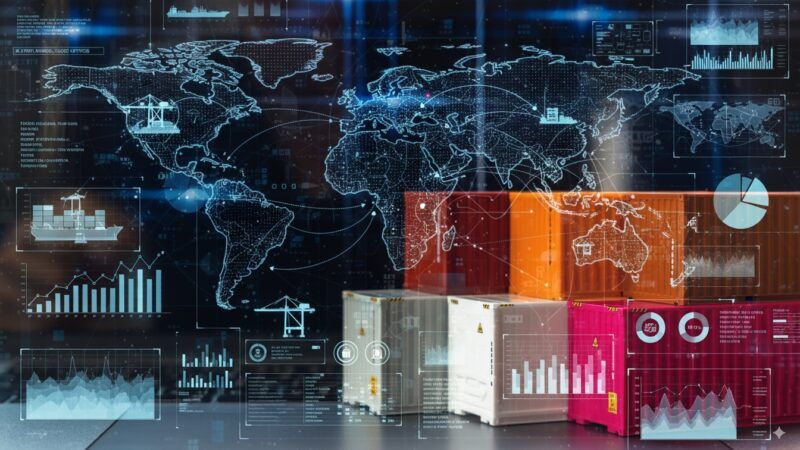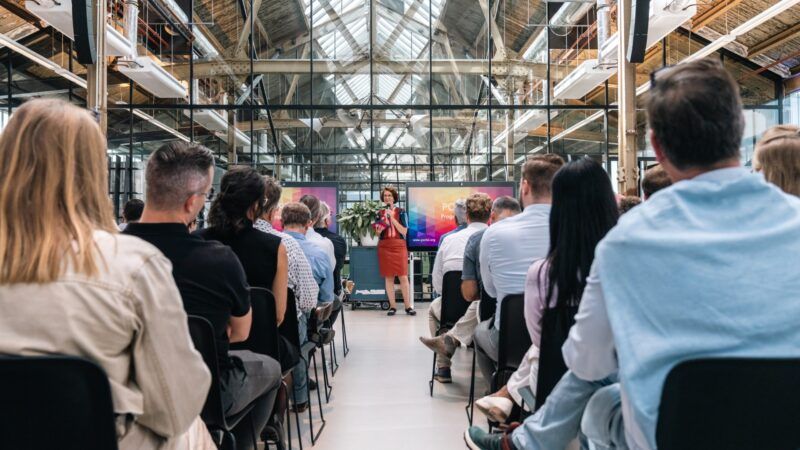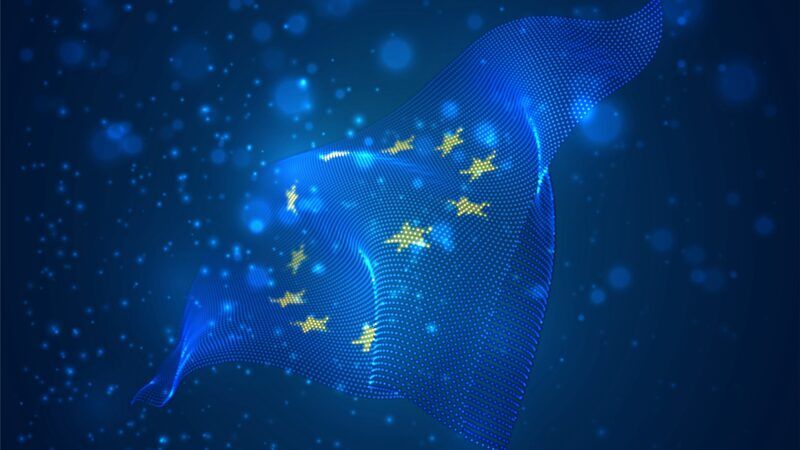The Digital Port initiative, which includes 54 projects, acts as a roadmap for the digital transformation of the Port of Barcelona and its priority focal points include digital innovation in products, services, user experience and processes.
The Port of Barcelona has always been known as a pioneer: it created the first Logistics Activities Zone (ZAL - Zona de Actividades Logísticas), designed a port-city model (Port Vell) that has been an inspiration around the world, and developed the ‘port network’ with an extensive group of intermodal inland ports in its hinterland. And, more recently, the Port of Barcelona has once again forged the way in a new arena by designing its own innovation model.
The SmartCatalonia Challenge is a practical example of how all the focal points of this innovation model fit together. The Port of Barcelona, with its challenges has joined the SmartCatalonia Challenge initiative led by the Government of Catalonia Ministry for Digital Policy in collaboration with the i2cat technology centre and sponsorship from three companies (Kairetsu, T-systems and Telefónica). This shows cooperation among institutions and public-private partnerships that have led to successful turnout, with 65 organisations signed up for the 6 challenges posed. This is good proof of how the port logistics sector is attractive and stimulating for the innovation ecosystem, in particular for smart technology.
![Mercè Conesa, the President of the Port of Barcelona with Jorge García, CEO of 3D Modeling Studio. [Image by govern.cat]](https://piernext.portdebarcelona.cat/wp-content/uploads/2019/07/BIG_127521115062819_02.jpg)
The results can be seen in the real solutions obtained for real challenges. The challenges posed were inspired by the port's own Smart Port model and the new challenges that stem from optimising management of the port facility, land transport and passenger mobility, and environmental management and sustainability, among others. The solutions proposed by the finalists are based on new technology like video analysis, drones, 3D images, artificial intelligence and the Internet of Things.
Given the quality of the solutions presented, the Port of Barcelona will support more than 50% of the finalists in submitting their projects to Fondo Puertos 4.0 (the Port 4.0 fund) in order to take the step into what we colloquially refer to as ‘smart realities’. Below we have more details about the finalists, with a video of highlights from the event and words from the winners.
Portuguese start-up 3D Modelling Studio won the prize that will allow them to carry out a pilot programme with their project. The solution is a system to automatically measure the volume and weight of waste given off by ships in the port. The company has designed a program that analyses the containers full of waste using sensors that calculate their volume and classify them remotely without any need for inspectors on land. With this solution, the Port of Barcelona would be able to more efficiently manage the more than 100,000 cubic metres of waste offloaded each year on its docks by ships in transit.
![Joana Barbany, General Director of Digital Society in the Generalitat de Catalunya, next to Héctor Martín, CEO of Smalle Technologies. [Image by govern.cat]](https://piernext.portdebarcelona.cat/wp-content/uploads/2019/07/BIG_077553722062819_02.jpg)
The first prize, with €5,000, went to the proposal from Smalle Technologies. It consists in a system to detect, contain and verify sea contamination using sensors, cameras and a system of air curtains in the water to contain oil spills.
Deep Solutions won second prize (€3,000) with its solution to locate and count vehicles and people entering port facilities. It is based on video-analysis software based on neural networks and artificial intelligence.
The third-prize winner (€2,000) was Dron Steel with its autonomous drone equipped with side-scan sonar, cameras and sensors for inspecting and maintaining port areas.
 Joana Barbany, General Director of Digital Society of the Generalitat de Catalunya, with Mercè Conesa, president of the Port of Barcelona with the four winners. [Image by govern.cat]
Joana Barbany, General Director of Digital Society of the Generalitat de Catalunya, with Mercè Conesa, president of the Port of Barcelona with the four winners. [Image by govern.cat]
 Joana Barbany, General Director of Digital Society of the Generalitat de Catalunya, with Mercè Conesa, president of the Port of Barcelona with the four winners. [Image by govern.cat]
Joana Barbany, General Director of Digital Society of the Generalitat de Catalunya, with Mercè Conesa, president of the Port of Barcelona with the four winners. [Image by govern.cat]



![Mercè Conesa, the President of the Port of Barcelona with Jorge García, CEO of 3D Modeling Studio. [Image by govern.cat]](https://piernext.portdebarcelona.cat/wp-content/uploads/2019/07/BIG_127521115062819_02.jpg)
![Joana Barbany, General Director of Digital Society in the Generalitat de Catalunya, next to Héctor Martín, CEO of Smalle Technologies. [Image by govern.cat]](https://piernext.portdebarcelona.cat/wp-content/uploads/2019/07/BIG_077553722062819_02.jpg)



